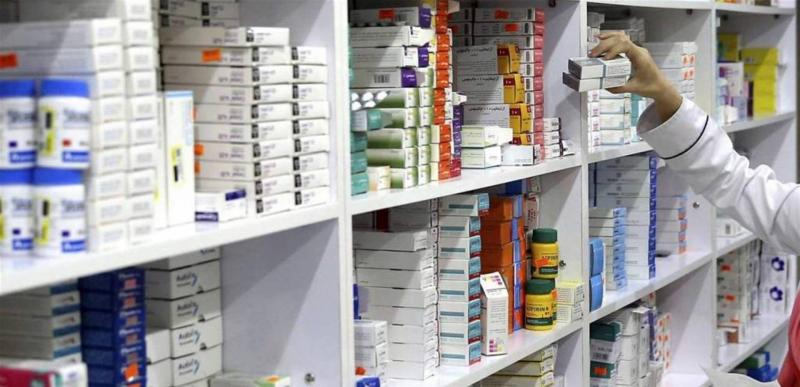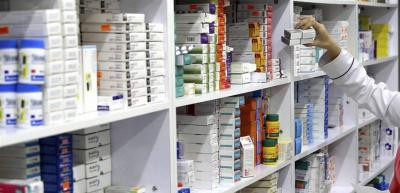The Syndicate of Drug Importers and Warehouse Owners in Lebanon announced in a statement that it has conducted a comprehensive survey of the current drug inventory, putting it at the disposal of the Ministry of Public Health. It stated, "Thus, the Ministry will be able to accurately and reliably monitor the available drug stock and manage it if the need arises to transfer it from one location to another."
It pointed out that it has divided the current available drug stock into four categories:
- The first category includes medications sold in pharmacies, such as anti-inflammatory drugs and antibiotics; the second category includes medications for chronic diseases, with sufficient stock available for these two categories to supply the Lebanese market for 3 to 4 months.
- The third category includes medications dispensed in hospitals, and companies have enough stock for a period ranging from 3 to 4 months. In addition, the syndicate contacted hospitals to assess their stock of this category, which was found to be sufficient for a period ranging from one month to one and a half months. This indicates that the strategic stock of medications in this category, distributed between importing companies and hospitals, is sufficient for Lebanon for a period ranging from four to five and a half months.
- The fourth category includes cancer medications, with available stock sufficient for a period ranging from one month to one and a half months.
It stressed that "all the figures being circulated regarding drug stock contrary to what was mentioned are inaccurate." It noted that it is continuously in contact with manufacturers abroad to ensure the arrival of air shipments and to increase the strategic inventory, saying, "As long as there is no blockade on Lebanon, import activity will remain normal."
The syndicate mentioned that "companies are still able to import shipments and increase their existing strategic stock." It also highlighted that "cooperation is ongoing with several logistics entities and companies abroad so that, in the event of any blockade on Lebanese ports, they can gather all orders from drug importing companies and secure a special permit from the UN organizations through the Lebanese government to continue importing either by sea from Cyprus or by air from the United Arab Emirates."
It urged citizens "not to panic and rush to store drugs," noting that "this will create a severe drug shortage and prevent many patients from securing their medications, possibly leading Lebanon into the same crisis it experienced in late 2020 due to a large number of citizens hoarding medications."




